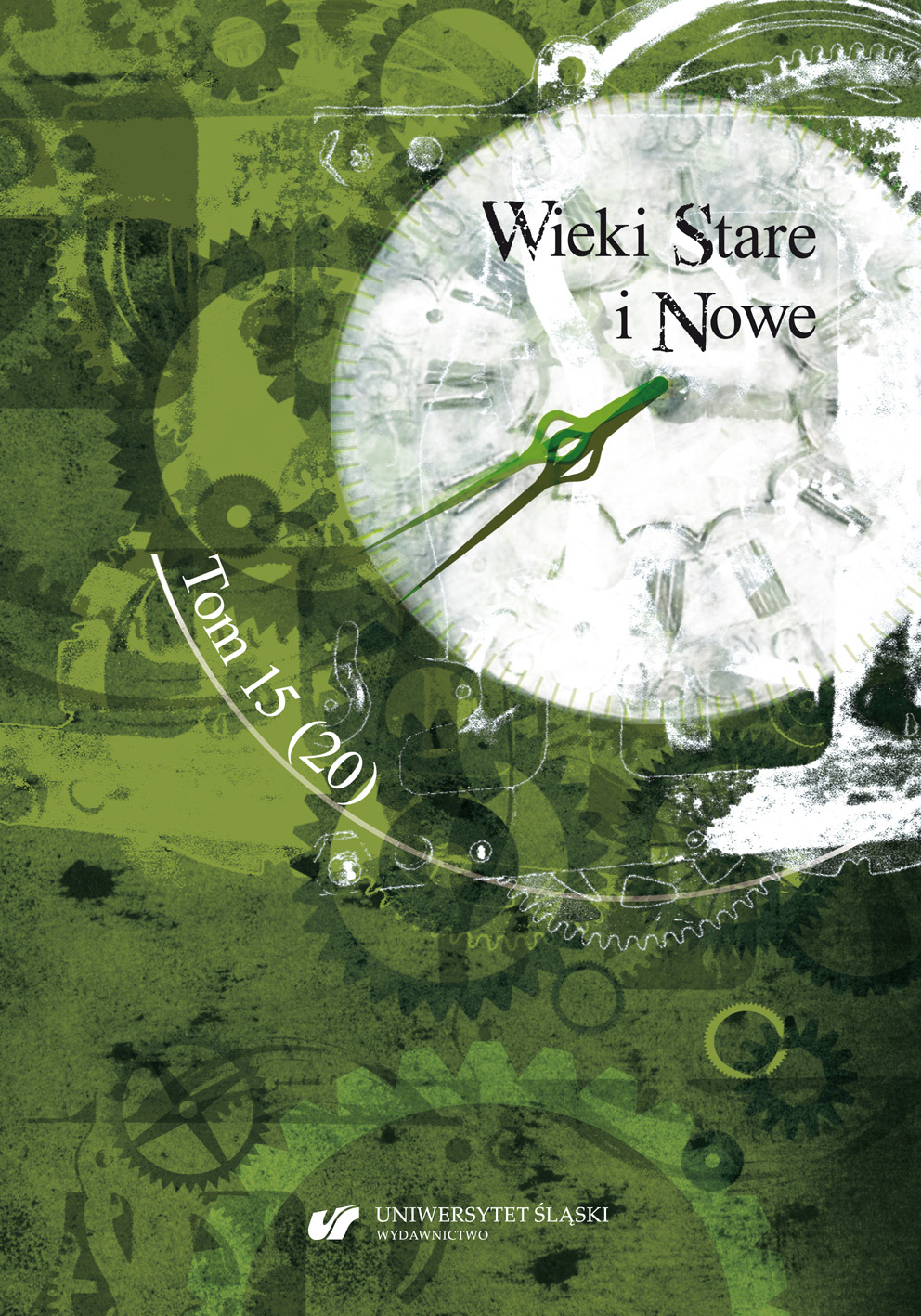Crassorum umbrae. Pamięć o Marku Licyniuszu Krassusie w „Farsalii” Lukana
Crassorum umbrae. The memory of Marcus Licinius Crassus in Lucan’s “Pharsalia”
Author(s): Tomasz BabnisSubject(s): History, Cultural history, Military history, Political history, Ancient World, Other Language Literature
Published by: Wydawnictwo Uniwersytetu Śląskiego
Keywords: Marcus Licinius Crassus; Lucan; “Pharsalia”; Latin epic
Summary/Abstract: Marcus Licinius Crassus is hardly one of the main characters in Lucan’s Pharsalia. However, it is him whom the poet mentions first by name in his work. A dozen of so references to the triumvir himself and his son Publius (particularly frequent in Book VIII of the poem) render an image that is fairly consistent. It contain, most importantly, the Parthian expedition and the death of Crassus in the Battle of Carrhae (53 BC). Thereafter Crassus became the symbol of external war set against civil war which Lucan castigates. Lucan also utilizes the political idea of revenge for Crassus. This idea was created at the end of the Republican Age and therefore Augustan poets reached out for it frequently. References to the fallen Crassus shed light on other characters of Pharsalia, such as Pompeius, Lentulus, and Cornelia. Thereby, although not being an autonomous character, Crassus plays his modest part in the structure of Lucan’s epic.
Journal: Wieki Stare i Nowe
- Issue Year: 20/2020
- Issue No: 15
- Page Range: 7-25
- Page Count: 19
- Language: Polish

